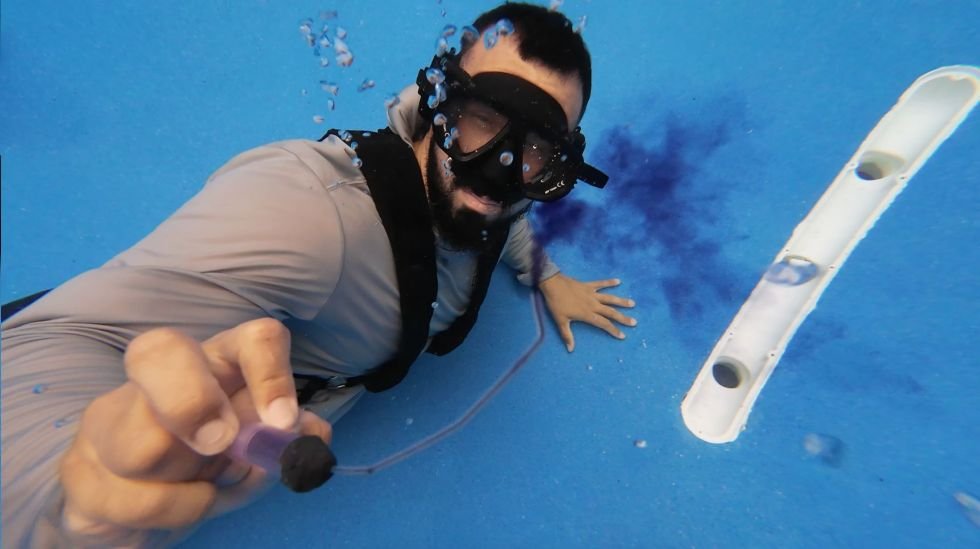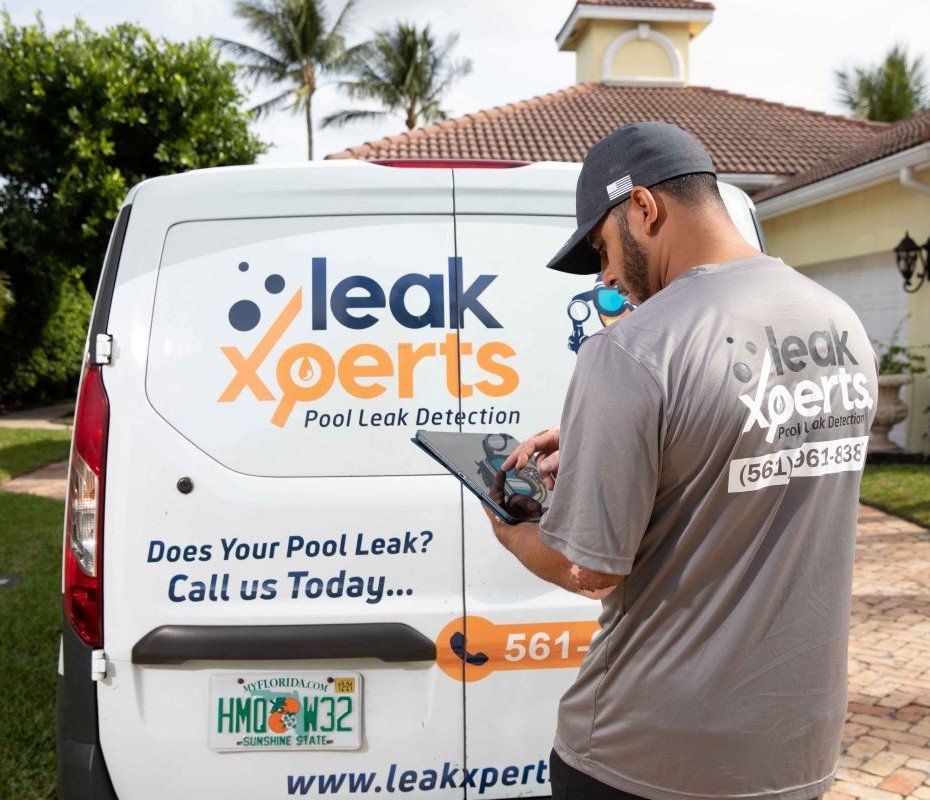Is your pool losing water faster than expected? Use our swimming pool water loss and evaporation calculator to estimate how much water you’re losing — and determine if it’s due to normal evaporation or a hidden leak.
Our swimming pool water loss calculator is designed to be user-friendly and highly accurate. For rectangular pools, you will need to know your pool’s length and width. For circular pools, you will need to know the diameter. Additionally, you’ll need to measure the amount of water lost each day in inches.
With this information, the calculator will estimate the number of gallons lost per day and per hour, helping you understand the size and severity of the potential leak.
Excessive water loss from your pool not only inflates your water bill but also overworks your pool equipment and leads to larger issues, such as structural damage or soil erosion around your swimming pool.
In order to protect your property, and the environment, from the devastating consequences of a pool leak, you must identify when your swimming pool is a victim of a leak or evaporation.
Fortunately, with our swimming pool water loss calculator, you can easily determine how much water is lost and estimate the size of the potential leak.
This simple tool helps pool owners like you identify potential problems before they escalate and schedule timely pool leak repair services, saving money and precious water resources.
When a pool leaks, the escaping water generally soaks into the soil surrounding the pool area. Over time, this can lead to soil displacement and structural damage to the pool itself and even your home’s foundation. It’s also important to understand that leaks don’t stop at the property line. Water leaking from your pool may find its way to your neighbor’s yard, potentially leading to costly repairs for which you could be liable. Therefore, it is crucial to address pool leaks promptly to prevent further complications and to conserve as much water as possible. That’s where our swimming pool water loss calculator comes in. It can help you know if you have a problem that needs to be addressed long before harm is done to your property or your neighbor’s.


At LeakXperts, we understand how much water a pool can lose due to leaks and why it’s so important to act quickly. That’s why our team is readily available to perform both residential pool leak detection and commercial pool leak detection. Our pool experts are trained to locate and repair pool leaks efficiently and effectively, minimizing your water loss and protecting your investment.
Don’t let a pool leak drown your peace of mind or drain your wallet. Use our swimming pool water loss calculator to calculate how much water your pool is losing. If it’s outside the normal range for pool evaporation, schedule a leak detection service with LeakXperts today, and let us dive right into your water loss problem so you can get back to enjoying your pool.